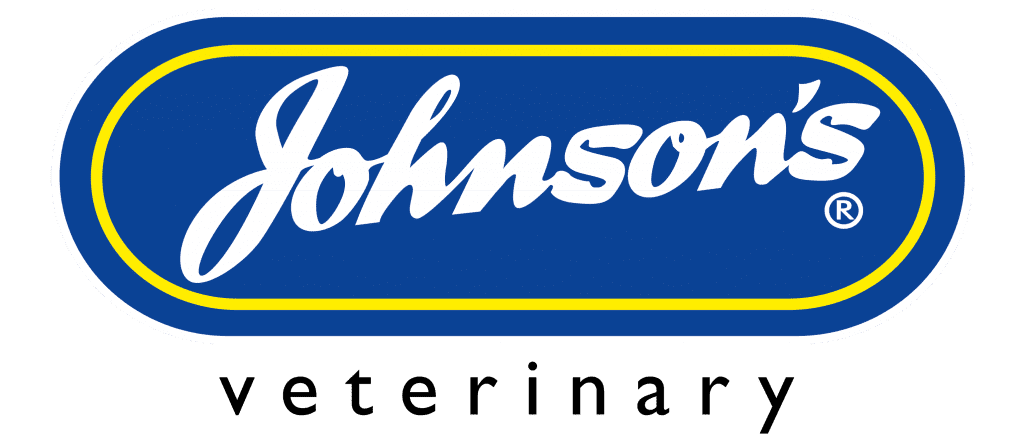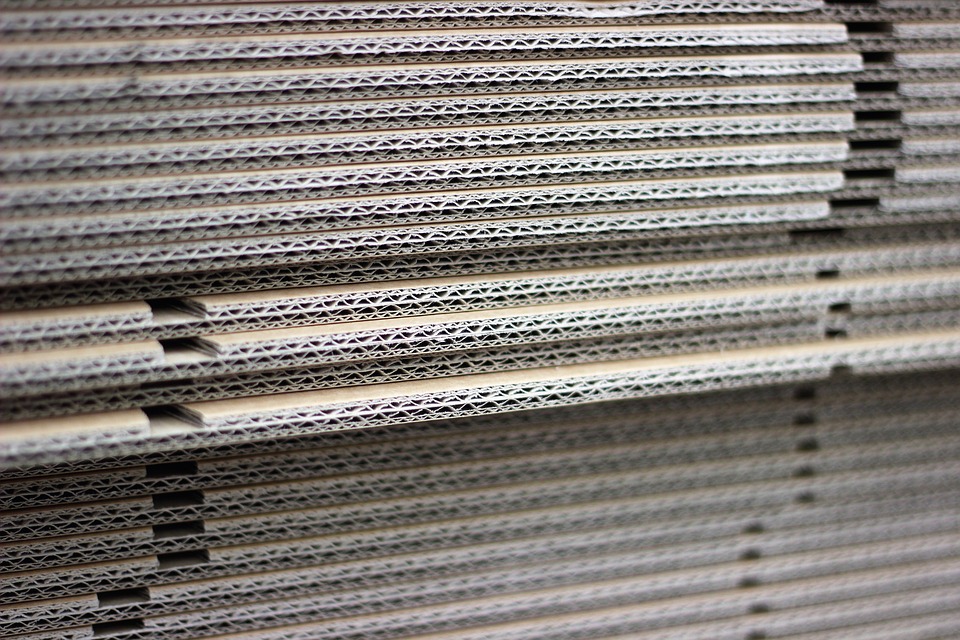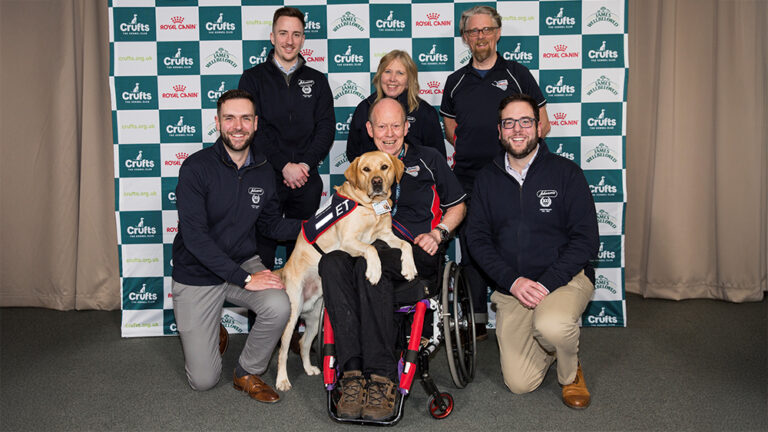It is clear the focus on COP26, a global United Nations summit about how countries are planning to tackle climate change, has once again brought to the fore the question of what manufacturers are doing to help reduce the environmental impact of their products and their processes.
It is unfortunate that there still needs to be such emphasis on compelling manufacturers to do more, when many like us here at Johnson’s Veterinary Products have been doing what we can for decades. Often making decisions that reduce the environmental impact of our activities, at the expense of our own profitability.
But few manufacturers can act in isolation and still deliver what consumers need, on a consistent basis. And importantly for a price the consumer is happy to pay. Despite all the consumer interest in environmental issues, few are keen to pay higher prices for a lower carbon footprint.
This reliance on China for many ‘cheaper’ goods, tends to ignore the carbon footprint associated with them. Emissions associated with UK products are 31% lower than when records began in 1997, whilst in the same period, emissions associated with imports from China have risen an incredible 260% and now account for 17% of all the UK’s imported emissions.
A history of environmental awareness
Johnson’s Veterinary Products was founded in 1921, long before the impact of man’s industrial activities on the health of our planet was known. From the start, best business practice required short supply chains, with the emphasis not just on UK-based suppliers, but those in and around our Midlands home.
Our liquid products were supplied in glass bottles, long before the concept of recycling and well before plastic bottles became commonplace, with colourful printed outer cartons made from cardboard. Today the bottles tend to be plastic, but the cardboard boxes remain the same; but for one important change.
The cardboard we use now carries the internationally recognised FSC logo, which highlights our commitment to a sustainable future. You will no doubt have seen the logo, but it’s worth providing a little background about Forest Stewardship Council® (FSC®) and what it stands for.
The FSC is essentially an international, not-for-profit membership organisation that supervises and promotes sustainable forest management around the world, with currently almost 1 million square miles of forest throughout 86 countries managed by the FSC. Thanks to the FSC, manufacturers like us, can use responsibly produced wood, cardboard and paper – something we have been doing for years. We remain committed to keeping our supply chains short, which is why our delivery cartons are sourced from a cardboard supplier in Leamington Spa, just 35 miles from our Sutton Coldfield base.
Turning full circle to move forward
As we move forward, there will be greater scrutiny on our manufacturing processes and the raw materials we source, as we continue to not only deliver the innovative pet health products on which our reputation has been built for more than 100 years, but reduce our environmental impact.
We are already preparing for April next year, when the Plastic Tax will be introduced and levy £200 per tonne to plastic packaging manufactured in or imported into the UK that contains less than 30% recycled plastic. Trial bottles are undergoing assessment to ensure they provide the quality we need.
Johnson’s is also evaluating a return to more glass bottles, but this is more complicated than it seems and highlights one of the barriers to change – capacity in the supply chain. Manufacturing in the UK is largely at capacity and will have to expand to fulfil our needs, which takes time.
We will continue to post regularly about how we address our manufacturing and supply chain as we look to remain efficient and cut our already lean carbon footprint where possible – the concept of re-fillable shampoo bottles in pet shops may even come to fruition in the future.





